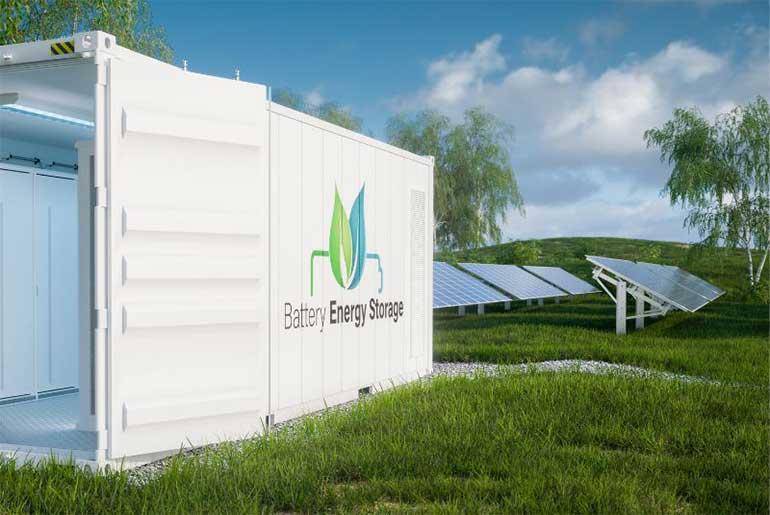CESC Limited, based out of Kolkata, a power utility company, has floated a bid for installing a 40 MW/80 MWh standalone Battery Energy Storage System (BESS) project. On July 30, 2025, the company released a Request of Selection (RfS) document. The project will be placed in the New Cossipore Generating Station, the location of which is 28, Jheel Road, Kolkata -700002. The developer to be chosen will undertake the project under the model of Build, Own, Operate, and Transfer (BOOT). Once the agreement term is over, CESC will take over the project at a meager price of INR 1.
The kind of bidding will involve a two-envelope e-tender single-stage system. The interested bidders will pay a non-refundable document fee of INR 29,500 (including GST) and a document processing fee of INR 500,000 and 18% GST per project. One of the major financial requirements is the Earnest Money Deposit (EMD) that comprises INR 6 crore plus GST. The EMD is to be submitted in the form of a bank guarantee. There is also an additional requirement that shortlisted bidders are to deposit a Performance Bank Guarantee (PBG) of INR 15 crore.
The process schedule commencing at the issuance of the RfS on July 30, 2025, constitutes the timeline of the bidding process. The site visits will be arranged from August 2, 2025, to August 17, 2025. On August 25, 2025, the pre-bid meeting and technical clarification session will be held. September 18, 2025, is the deadline for the application of bids. The LoA is supposed to be issued by or on October 28, 2025. Within 30 days of getting the LoA, the Battery Energy Storage Purchase Agreement (BESPA) and the Right to Use Agreement on the land where the project will be carried out have to be signed. The signatories have to close financial within 270 days after signing the BESPA. The total capacity of the project will have a Scheduled Commissioning Date (SCD) of 540 days upon the execution of the BESPA.
This project will aid the load management processes of CESC as the company uses BESS on an on-demand basis. The technology that will be employed in the BESS is not closed provided that the technology matches the desired performance levels. The system ought to be capable of providing a helpful power production to the point of delivery of 80 MWh and maximum power of 40 MW. It should be able to handle a maximum of two charge-discharge cycles a day over a 12-year period. Roundtrip AC to AC efficiency, over a monthly average, should be 90%, whereas availability of the main should be a minimum of 95%.
The BESS will also be interfaced with the CESC network at the 33 kV bus at the New Cossipore Substation. The appointed developer will undertake all works that include, but are not limited to, the design, engineering, procurement, construction, installation, testing, commissioning, running and maintenance of the whole system. Descriptions of the battery subsystem, the energy management system (EMS), the battery management system (BMS), and the power conversion system (PCS) are also given in exhaustive specifications in the RfS document. It also entails safety measures, performance tests and environmental standards that ought to be adhered to in the life cycle of the project.



